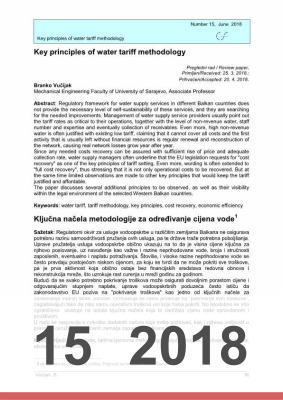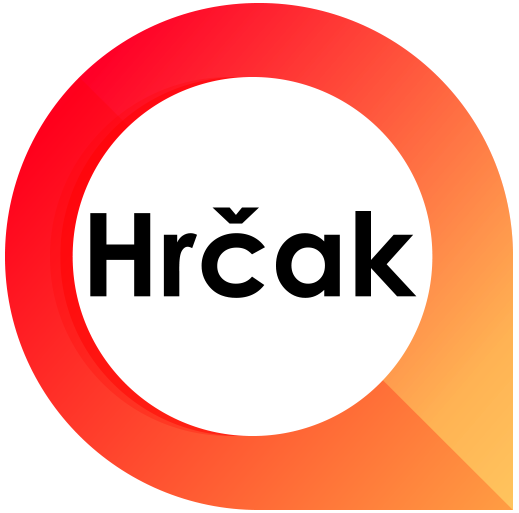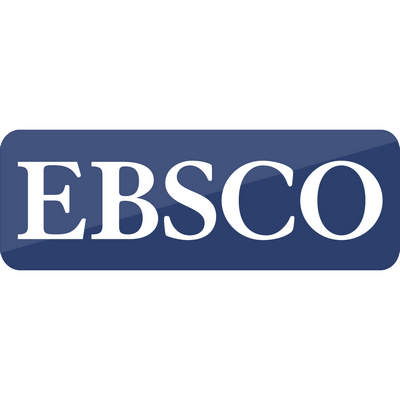ISSN 2232-9080
KEY PRINCIPLES OF WATER TARIFF METHODOLOGY
- Issue: No. 15, June 2018, Vol. 8
- Author(s): Branko Vučijak
- Type: Review paper
Abstract: Regulatory framework for water supply services in different Balkan countries does not provide the necessary level of self-sustainability of these services, and they are searching for the needed improvements. Management of water supply service providers usually point out the tariff rates as critical to their operations, together with the level of non-revenue water, staff number and expertise and eventually collection of receivables. Even more, high non-revenue water is often justified with existing low tariff, claiming that it cannot cover all costs and the first activity that is usually left without financial resources is regular renewal and reconstruction of the network, causing real network losses grow year after year.
Since any needed costs recovery can be assured with sufficient rise of price and adequate collection rate, water supply managers often underline that the EU legislation requests for "cost recovery" as one of the key principles of tariff setting. Even more, wording is often extended to "full cost recovery", thus stressing that it is not only operational costs to be recovered. But at the same time limited observations are made to other key principles that would keep the tariff justified and affordable.
The paper discusses several additional principles to be observed, as well as their visibility within the legal environment of the selected Western Balkan countries.
Keywords: water tariff, tariff methodology, key principles, cost recovery, economic efficiency







